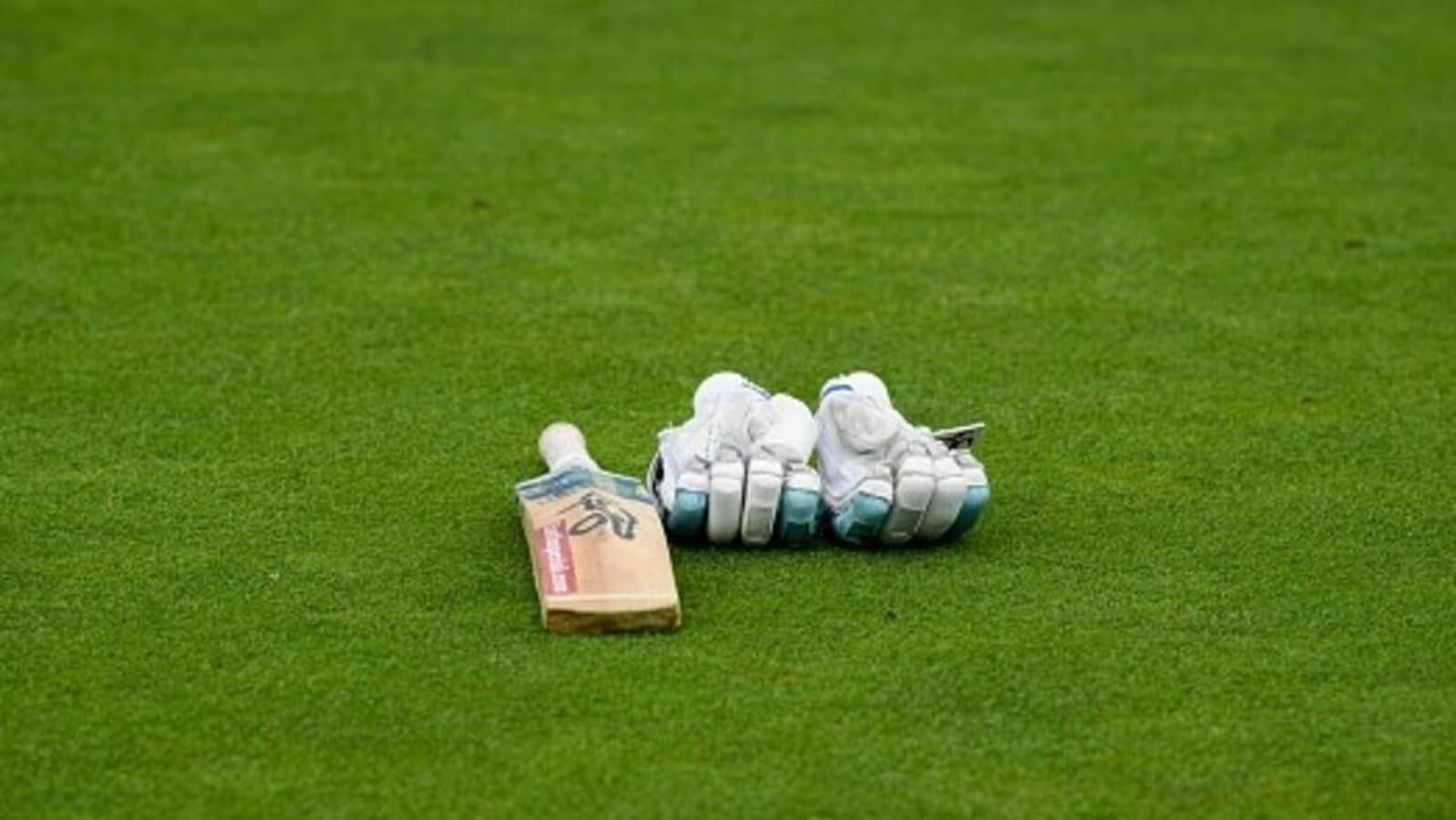The cricketing world is reeling from the recent charges of “systemic” racism levied against Essex County Cricket Club.
This development, echoing the unsettling case of Azeem Rafiq and Yorkshire County Cricket Club, serves as a stark reminder of the persistent issue of racism that plagues the sport.
As a passionate cricket fan, I find this situation both alarming and revealing, highlighting the crucial need for comprehensive change and accountability within the game.
Serious allegations have been brought against Essex by the Cricket Regulator, who claims that the team promoted a “systemic” culture of racist and discriminatory language and behavior for almost ten years (2001-2010).
These accusations point to a serious problem at the club, where it is said that this kind of behavior was tolerated for years. Nonetheless, Essex continues to fully cooperate with the regulation and reiterates their desire to take part in the hearing before the Cricket Discipline Commission (CDC).
This degree of cooperation shows a possible willingness to confronting these accusations head-on and is essential for transparency.
It is inevitable that the Essex scenario would be compared to the Azeem Rafiq controversy in Yorkshire. The mishandling of Rafiq’s claims of racial abuse led to Yorkshire being hit with heavy fines and losing points.
This connection is not coincidence; rather, it highlights a concerning trend in English cricket, where racist incidents have either gone unreported or have not received enough attention.
But Essex was more proactive, not reluctant at first, unlike Yorkshire. They enlisted independent senior lawyer Katharine Newton KC in 2021 to look into the claims made by Maurice Chambers, Jahid Ahmed, and Zoheb Sharif, three former players.
Newton’s research revealed a startling reality: discriminating speech and actions were accepted as part of the Essex dressing room culture, frequently going unnoticed because of the mistaken belief that they were appropriate “banter.” Published in December 2021, these findings present a picture of a civilization that did not understand the consequences of its acts.
John Stephenson, the chief executive of Essex who takes over in 2021, should be commended for getting Newton involved in a comprehensive examination.
This action shows a readiness to own up to past wrongs and make amends. The names of those implicated have not been made public, but Essex issued sanctions against them in the wake of Newton’s findings in February.
Although this lack of transparency may cause some people to worry, it may also be a sign of the club’s efforts to handle the problem tactfully and legally.
In sharp contrast to Yorkshire’s previous passivity, Essex’s proactive actions point to a possible change in the way cricket clubs may handle such serious accusations.
However, the club’s ongoing activities and dedication to creating an inclusive environment will be the only things that can truly verify the efficacy of these initiatives over time.
The accusations made against Essex underscore how urgently cricket needs to undergo a culture change. The sport has to stop brushing off such behavior as “banter” and recognize the serious effects it has on individuals who are subjected to it.
Yorkshire’s sanction of £400,000 (with an additional £300,000 suspended) and point deductions are severe reminders of what happens when institutional racism goes unchecked.
The cases of Essex and Yorkshire highlight how crucial it is for clubs to have strong procedures in place to deal with racism-related complaints.
To guarantee that everyone is aware of the consequences of their words and deeds, it is equally important for staff and players to receive ongoing education and training.
The accusations made against Essex Cricket Club serve as a reminder of the ongoing problem of racism in the game. Although Essex’s proactive measures give some promise for change, addressing the underlying cultural problems will be the real test.
The goal of English cricket as a whole must be to foster an atmosphere in which each player is treated with dignity and respect. The Essex case offers a critical opportunity to end the discriminatory cycle and guarantee that this cherished sport genuinely upholds its ideals.
The decisions made today will determine the course of English cricket in the future. Essex and the cricketing community as a whole share accountability for creating a more just and inclusive future.
*This is an opinion based sports news article by Tushar @09sports.com
Source – BBC
- With $25.25 Million in Cap Space After Armstead’s Release, 49ers Prepare for Crucial Roster Enhancements
- Ketel Marte’s Comeback Ignites Diamondbacks as They Prepare for Giants Showdown
- Understanding the Financial Impact of Darren Waller’s Potential Retirement on the New York Giants
- Essex Cricket Club’s Chief Executive, John Stephenson, refuses to name those involved in the alleged racist incidents
- Mind Games on Clay – Quarterfinal Matchup between Gauff and Jabeur
